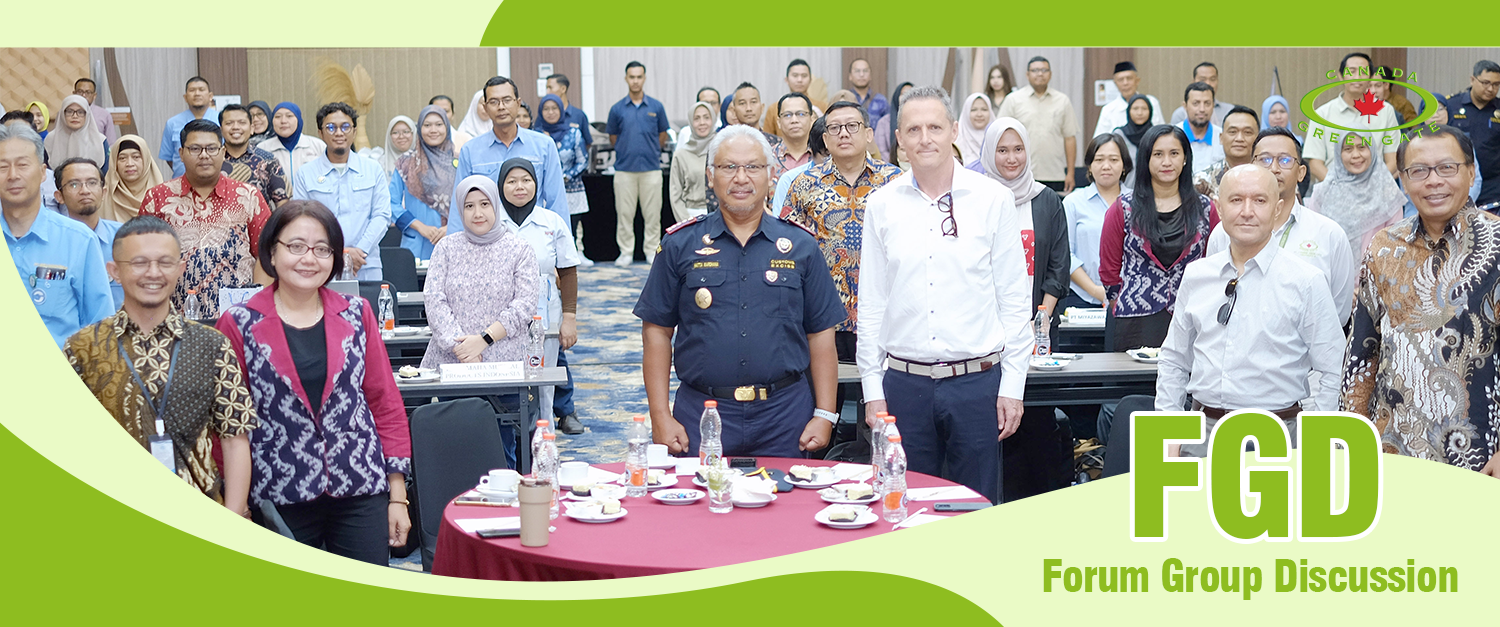To strengthen integrity and improve the quality of public services, the Customs and Excise Supervision and Service Office (KPPBC) Type A held a Focus Group Discussion (FGD) entitled “Clean and Accountable Customs and Excise Service Governance.”
This event was attended by several companies in Pasuruan, namely:
1. PT. CANADA GREEN GATE
2. PT. SCANDINAVIAN TOBACCO GROUP INDONESIA
3. PT. ANEKA TUNA INDONESIA
4. PT. INDRA ERAMULTI LOGAM INDUSTRI
5. PT. ISEKI INDONESIA
6. PT. YAMAHA MUSICAL PRODUCTS INDONESIA
The event was attended by various parties, including internal Customs and Excise officials, representatives from business actors, industry associations, and relevant government agencies. The interactive discussion addressed challenges and solutions in realizing transparent, efficient, and irregular customs and excise services.
Building Credible Public Services
In his remarks, the Head of KPPBC Type A emphasized the institution’s commitment to continuously improving service governance. “Customs and Excise is at the forefront of supervision and service delivery in the export-import and excise sectors. Clean and accountable service is not just a requirement, but a necessity,” he said.
The FGD also served as a platform to gather input from service users, ensuring that policies and services provided are truly aligned with needs and dynamics in the field.
In his remarks, the Head of the Customs and Excise Office (KPPBC) at TMP A emphasized the institution’s commitment to continuously improving service governance. “Customs is at the forefront of supervision and service delivery in the export-import and excise sectors. Clean and accountable service is not just a requirement, but a necessity,” he said.
This FGD also served as a platform to gather input from service users, ensuring that the policies and services provided are truly aligned with the needs and dynamics in the field.
Strategic Issues: Integrity, Transparency, and Oversight
Some of the strategic issues discussed in the FGD included:
• Implementation of digital systems in customs processes to minimize direct interaction and the potential for irregularities.
• Strengthening internal and external oversight systems.
• Increasing human resource capacity through training and fostering work ethics.
• An effective and responsive public complaints mechanism.
Participants offered various constructive insights, including the need for more extensive outreach regarding service procedures and the importance of collaboration between Customs and the business community in maintaining system integrity.
Concrete Steps Towards Change
As a follow-up to this discussion, the Customs and Excise Office (KPPBC) at TMP A expressed its commitment to formulating recommendations and an action plan for improvement based on the FGD results. It is hoped that this forum will not only serve as a forum for discussion but also encourage real changes in the work culture and service system of Customs and Excise.
This FGD provides concrete evidence that openness and collaboration are key to building clean, accountable, and user-satisfaction-oriented customs and excise service governance. KPPBC at TMP A demonstrates proactive steps in creating a more transparent and trustworthy institution.



Comments are closed